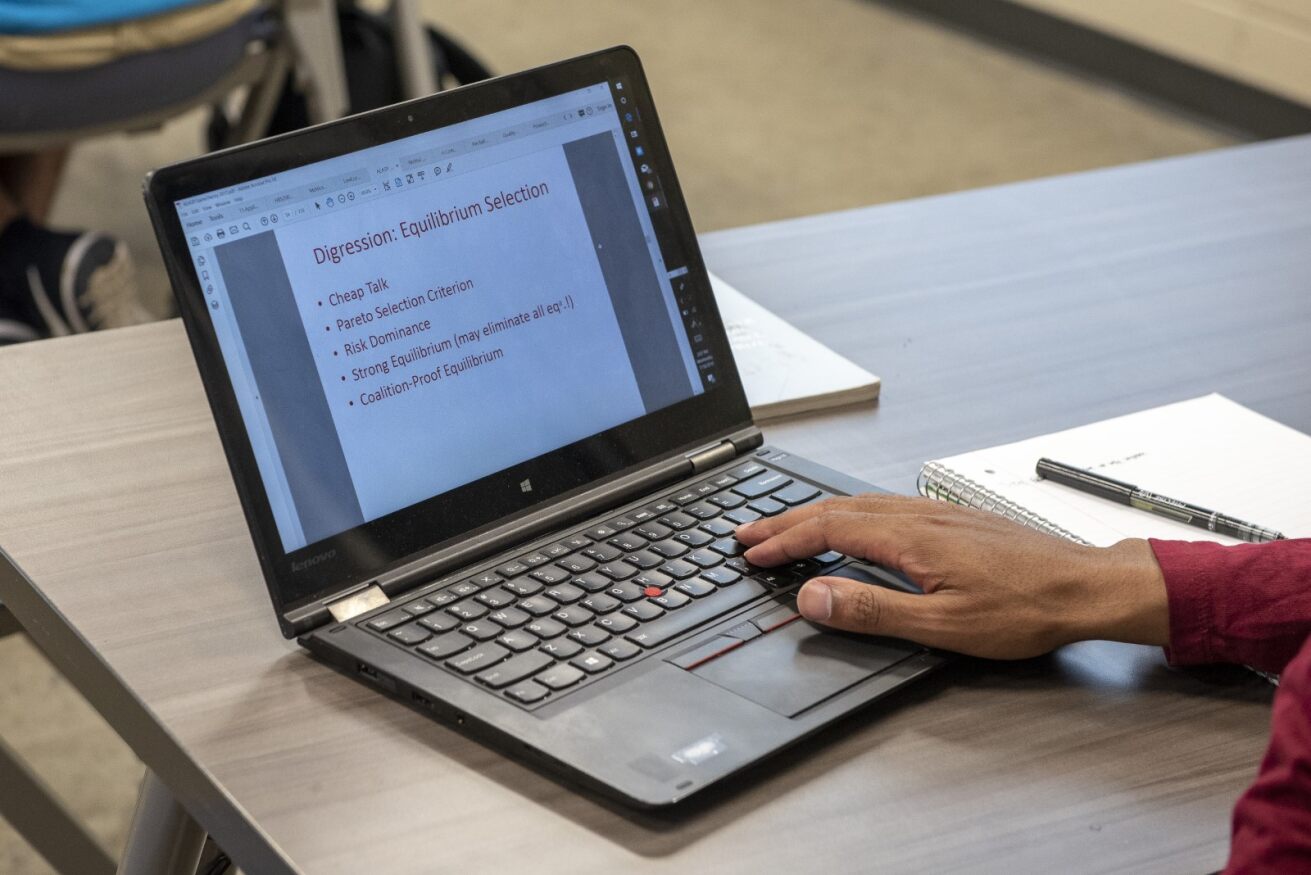The Future of U.S. Climate Policy
presented by

Professor Catherine D. Wolfram
William F. Pounds Professor of Energy Economics, Professor of Applied Economics
MIT Sloan School of Management
When & Where:
Wednesday, March 6, 2024 at 7:30 pm
326 Natural Science Building (288 Farm Lane)
Abstract
Climate change is the world’s biggest coordination problem, and countries need to work together to address it. The U.S. passed landmark climate legislation in 2022 with the Inflation Reduction Act (IRA). But the IRA, which emphasizes subsidies for clean energy production, sets the U.S. on a different path from many other countries, which are relying on carbon pricing. Dr. Wolfram will draw on her experience serving in the U.S Treasury at the beginning of the Biden Administration as well as her academic research to discuss several possible trajectories for U.S. policy and global climate cooperation.
Bio
Catherine Wolfram is the William F. Pounds Professor of Energy Economics and a Professor of Applied Economics at the MIT Sloan School of Management. She previously served as the Cora Jane Flood Professor of Business Administration at the Haas School of Business at UC Berkeley. From March 2021 to October 2022, she served as the Deputy Assistant Secretary for Climate and Energy Economics at the U.S. Treasury, while on leave from UC Berkeley. Before leaving for government service, she was the Program Director of the National Bureau of Economic Research's Environment and Energy Economics Program and a research affiliate at the Energy Institute at Haas. Before joining the faculty at UC Berkeley, she was an Assistant Professor of Economics at Harvard. Wolfram has published extensively on the economics of energy markets. Her work has analyzed rural electrification programs in the developing world, energy efficiency programs in the US, the effects of environmental regulation on energy markets and the impact of privatization and restructuring in the US and UK. She is currently working on several projects at the intersection of climate and trade. She received a PhD in Economics from MIT in 1996 and an AB from Harvard in 1989.
Previous Lectures
Title: The Future and Impact of Working from Home
Abstract: Professor Nicolas Bloom, Stanford University, will explore the explosion of working from home since the pandemic, how this is likely to persist, and how best to manage remote and hybrid workforces. Dr. Bloom will examine the impact of working from home on the economy and society that has impacted everything from real-estate markets, to city centers, to public transit and mid-week golf playing. Using data from several research projects including www.wfhresearch.com and discussions with more than 1,000 managers and policy makers, the talk will overview perhaps the biggest economic change to come from the COVID pandemic.
Date: April 26, 2023
Public Lecture:
Mispredicting Our Own Preferences: Evidence and Economic Implications
Date: April 7, 2022
Department Lecture:
Errors in Social Inferences: Evidence and Economic Implications
Date: April 8, 2022
Abstract
Psychological evidence and (increasingly) empirical economics indicate that there are systematic ways that we all tend to mispredict our own future tastes and behavior. This includes the wide-ranging tendency to project our current tastes into the future, even in cases where we have plenty of experience of predictable changes. We tend to under-appreciate adaptation to circumstances, the power of good and bad habits, and the role of transitory factors in our feelings. After reviewing some of the evidence and briefly explaining how economists formulate numerical models of this phenomenon, some of the implications are drawn out, showing why people may overpursue wealth, fall into addictions that are psychologically and financially costly, purchase durable consumer goods that we soon lose interest in, and make hard-to-reverse life decisions, such as getting married or divorced, quitting a job, retaliating against perceived mistreatment, or even committing suicide while in the grip of temporary emotions, and the role that regulations might play in improving behavior.
Public Lecture:
Family Matters: The Role of Birth Order on Children's Outcomes
April 16, 2022
Department Lecture:
Understanding Intergenerational Mobility: The Role of Nature versus Nurture in Wealth and Other Economic Outcomes and Behaviors
April 17, 2022
Dwight D Eisenhower Professor of Economics and International Affairs Emeritus
Department Lecture:
Why is global (and American) poverty so hard to measure and to eradicate?
November 11, 2016

